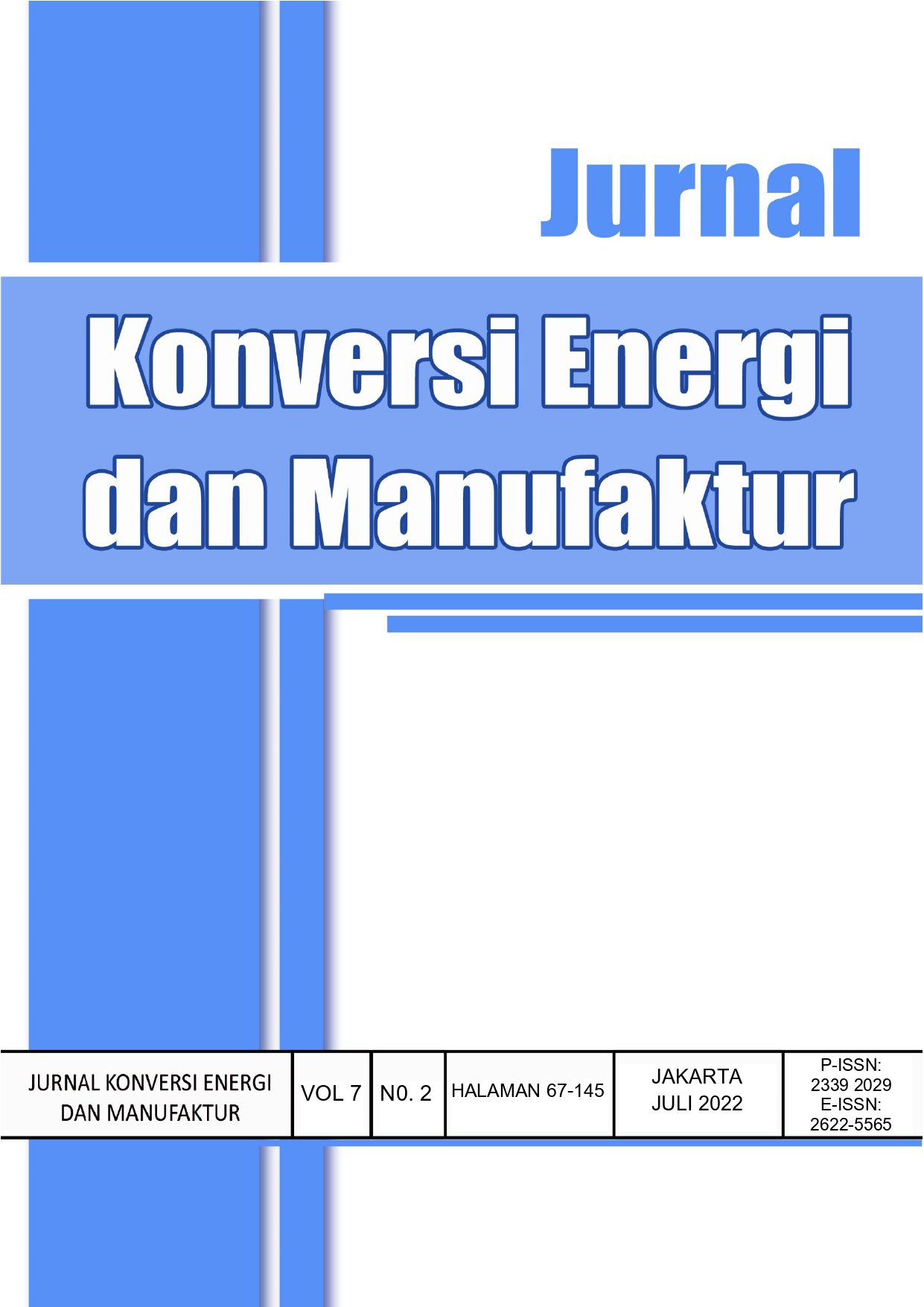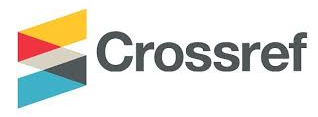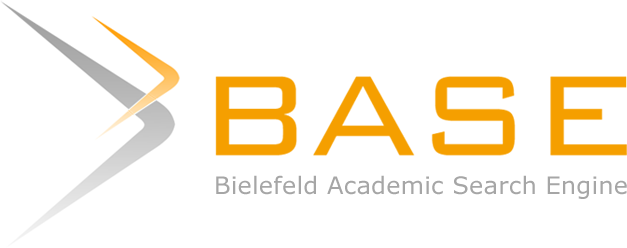RANCANG BANGUN PERANGKAT PENDUKUNG UNTUK PROSES PEMOTONGAN DENGAN PLASMA CUTTING
Design and Fabrication of Plasma Cutting Process Supporting Equipment
DOI:
https://doi.org/10.21009/JKEM.7.2.5Keywords:
Design, Equipment, Fabrication, Plasma CuttingAbstract
Material cutting can use a tool commonly called plasma cutting. In general, the plasma cutting used today is still using your own hands or manually, and is not equipped with driving support equipment. This results in the performance of plasma cutting when cutting is not maximized because the movement is relatively not constant. For this reason, it will be designed, manufactured, and tested for cutting support equipment with a rectifier rail system for plasma cutting. In the process of making this supporting equipment, it also uses a threaded rod so that it can move forward and backward by using an electric motor. The design of supporting equipment for the cutting process begins with the creation of a plasma cutting design. Then design the mechanical and electrical components. Then calculate the plasma cutting torque moving forward and backward. Then proceed with the process of making the device and finally testing it. The trial step begins with turning on the compressor, and plasma inverter and preparing steel measuring 4, 6, and 10 mm. Once ready, then proceed with the process of cutting the material and cleaning the material. The results of the cut were then observed visually. The results obtained, that this plasma cutting support equipment can operate properly. The plasma cutting support equipment can cut steel plates with a thickness of 4, 6, and 10 mm very well.
References
[2] S. T. Dwiyati, F. B. Susetyo, A. D. P. Yudhantono, T. Mesin, F. Teknik, and U. N. Jakarta, “Pengaruh Laju Aliran Gas Terhadap Nilai Kekerasan dengan Proses GTAW,” J. Konversi Energi dan Manufaktur, vol. 5, no. 1, pp. 1–6, 2018.
[3] D. Irawan, I. Mahmudi, and T. T. Warisaji, “Penerapan Mesin Gergaji Senso Untuk Percepatan Proses Pemotongan Bahan Baku Kayu Dalam Produksi Arang Pada Pengrajin CV . 888 Bondowoso,” J. Pengabdi. Masy., vol. 2, no. 1, pp. 35–41, 2021.
[4] R. M. Veranika, M. A. Fauzie, Sukarmansyah, and M. Ali, “Modifikasi Alat Dudukan Pada Mesin Gerinda Untuk Pemotongan Berbagai Jenis Kayu Secara Manual,” J. Desiminasi Teknol., vol. 10, no. 1, pp. 1–7, 2014.
[5] P. Pujono and A. Pamuji, “Rancang Bangun Mesin Pemotong Pipa Dengan Pergerakan Torch Otomatis Untuk Optimasi Proses Plasma Cutting,” Accurate J. Mech. Eng. Sci., vol. 1, no. 1, pp. 11–20, 2020, doi: 10.35970/accurate.v1i1.159.
[6] M. N. Falah, Budianto, and Mukhlis, “Rancang Bangun Alat Bantu Potong Plat Bentuk Lingkaran Menggunakan Plasma Cutting,” in Proceedings Conference on Design Manufacture Engineering and its Application, 2017, pp. 245–251.
[7] D. Rizkiawan and W. Sumbodo, “Pengaruh Variasi Tekanan Udara Pada Pemotongan Plat Baja St 37 Menggunakan Cnc Plasma Cutting Terhadap Struktur Mikro, Kerf Dan Kekerasan,” J. Kompetensi Tek., vol. 12, no. 2, pp. 6–12, 2020, doi: 10.15294/jkomtek.v12i2.21152.
[8] R. S. Agnitias and R. Rusiyanto, “Pengaruh Variasi Kuat Arus Terhadap Lebar Pemotongan dan Kekerasan pada Baja Karbon Sedang dengan CNC Plasma Arc Cutting,” J. Din. Vokasional Tek. Mesin, vol. 4, no. 2, pp. 99–104, 2019, doi: 10.21831/dinamika.v4i2.27391.
[9] A. R. Rahmawati, S. Anis, and R. Rusiyanto, “Pengaruh Kecepatan Pemotongan dan Ketebalan Bahan Terhadap Kekerasan dan Kekasaran Permukaan Baja AISI 1045 Menggunakan CNC Plasma Arc Cutting,” J. Din. Vokasional Tek. Mesin, vol. 4, no. 2, pp. 93–98, 2019, doi: 10.21831/dinamika.v4i2.27390.
[10] F. N. Saputro and W. Sumbodo, “Pengaruh Ketinggian Torch Terhadap Lebar Kerf Dan Kekasaran Permukaan Pada Pemotongan Cnc Plasma Arc Cutting Dengan Bahan Baja St 37,” J. Kompetensi Tek., vol. 11, no. 2, pp. 22–27, 2019.
[11] M. Abdullah, Fisika Dasar 1. 2016.
[12] Sularso and K. Suga, Dasar Perencanaan dan Pemilihan Elemen Mesin. Jakarta, 2004.






















